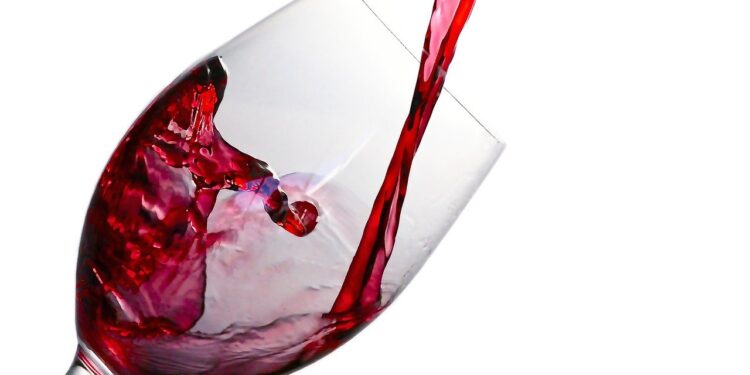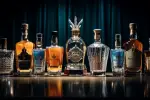How has Covid-19 changed wine trends?

For months, the Covid-19 pandemic meant that having a drink in a pub or restaurant was out of the question, but that certainly didn’t mean that wine fell out of fashion. In fact, some reports suggest that Brits may be drinking more wine than they did before, albeit at home. However, as consumers have adapted to the new conditions imposed by the virus, the trends that were popular pre-pandemic have changed somewhat. Here are just a few of the ways drinkers have changed their approach to wine since Covid-19.
More wine is being bought online
Online shopping in all sectors proved hugely popular during lockdown, and wine was no exception. Recent data from Wine Searcher shows that UK wine searches were up 25% in the last two weeks of July compared to the previous year. The click-through rate was also up by 20%, reflecting those who actually bought the wine rather than just browsed. And aside from buying online from major supermarkets, there are many other places consumers can purchase from, including more off-licenses signing up for distribution with food delivery providers like Deliveroo and UberEats. For example, drinks delivery services like Drinks House 247 can transport bottles across most of Greater London within half an hour. Meanwhile, dedicated wine retailers have also proved popular — Majestic Wine had an surge in online popularity, with sales growing by over 300%.
Although it may be assumed that this shift to e-commerce is merely a symptom of lockdown, it looks like the pandemic has simply hastened a phenomenon that was already on the cards. Richard Lee, head of alcohol at data and insights consulting company Kantar, told The Spirits Business that UK online alcohol sales were growing four times faster than in physical shops even before the pandemic. And even more recent findings from Kantar suggest that alcohol e-commerce is sustainable, as many people new to online shopping appear to be sticking with it permanently.
Trusted names are being favoured over small brands
As Beverage Daily has noted, “with all the uncertainty in the world, there’s something comforting in having something familiar”, which may explain why consumers have been turning to trusted names when they want a drink. Beers like Coors Lite and Miller Lite have performed well in the US during the pandemic, and there have been significantly more online searches during lockdown for recognisable wine brands in the UK as well. From the start of April to the end of May, in London alone, Blossom Hill and Yellow Tail saw searches rise by 245% and 133% respectively, while Echo Falls searches grew by 167% in Liverpool.
“I have been in the wine business for 25 years now. When we get a crisis, people want a safe buy,” Marcelo Papa from Concha y Toro told The Drinks Business. The brand is the largest wine producer in Latin America, and owns Casillero del Diablo, the world’s second most powerful wine label according to market research group Wine Intelligence. “With [brands like Casillero del Diablo] people feel very confident. I think at this time people are looking for a safe buy. They experiment less,” he added.
This isn’t good for smaller labels though, which also tend to be pricier than the bigger brands. However, Wine Intelligence believes that there may be hope, as consumers become more interested in local products: “We anticipate a renewed focus on domestic and local wine in wine producing countries, reflecting national populations becoming more inwardly focused and protective. This will also reflect consumers’ agendas to support their local businesses at a time of economic crisis.”
‘Wine-drinking moments’ are up
Wine Intelligence’s Covid-19 Impact Report found that Brits didn’t need many excuses to open a bottle, as ‘wine-drinking moments’ became more frequent during lockdown. “As well as the usual with-food occasions, wine has become part of many of the new non-food occasions, for instance catching up with friends online or pre-dinner drinks that start earlier in the day than ever before,” chief executive Lulie Halstead explained. Over 50% of UK consumers have drank wine during the day on a non-food occasion.
As a result, wine producers may need to consider new formats to cater to these evolving needs. For example, in a recent webinar with Imbibe, Victoria Sharples of London’s St. John restaurant said that many customers have been buying bag-in-box wine for use at home. Canned wines have also become very popular, with Ben Blake, head of European marketing at Treasury Wine Estates, reporting that sales are up by 132% in the UK. One canned company that did particularly well in lockdown was Nice, whose online sales make up 50% of total turnover for them, a rise of over 40% on their 2019 figures.









